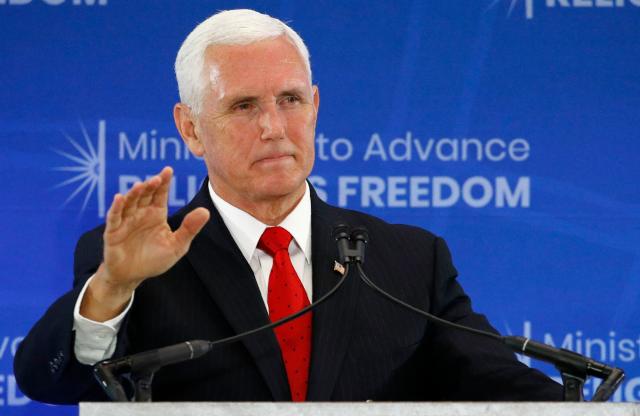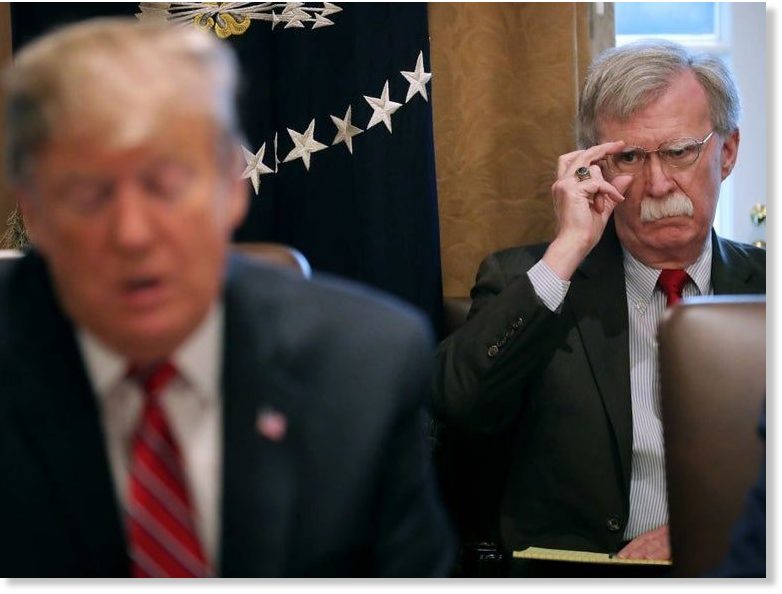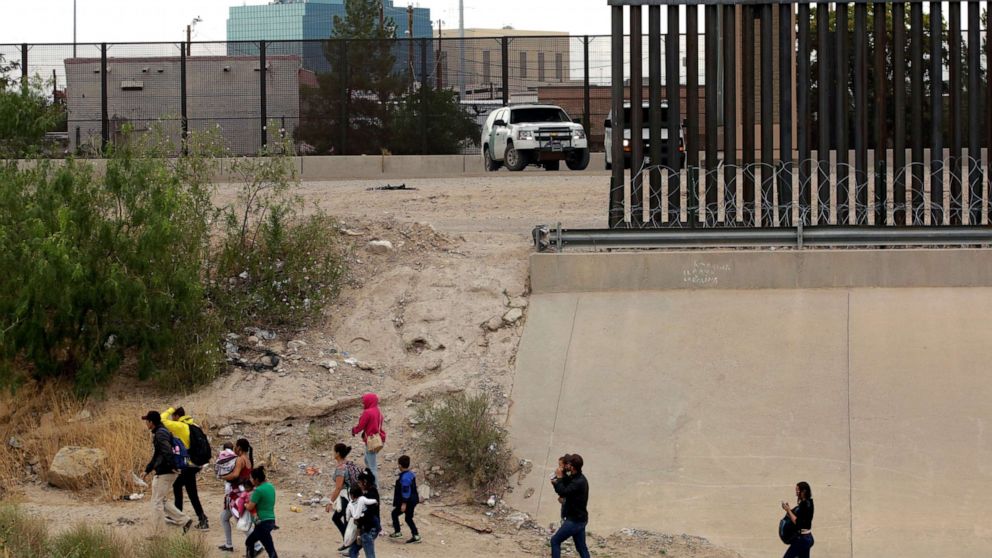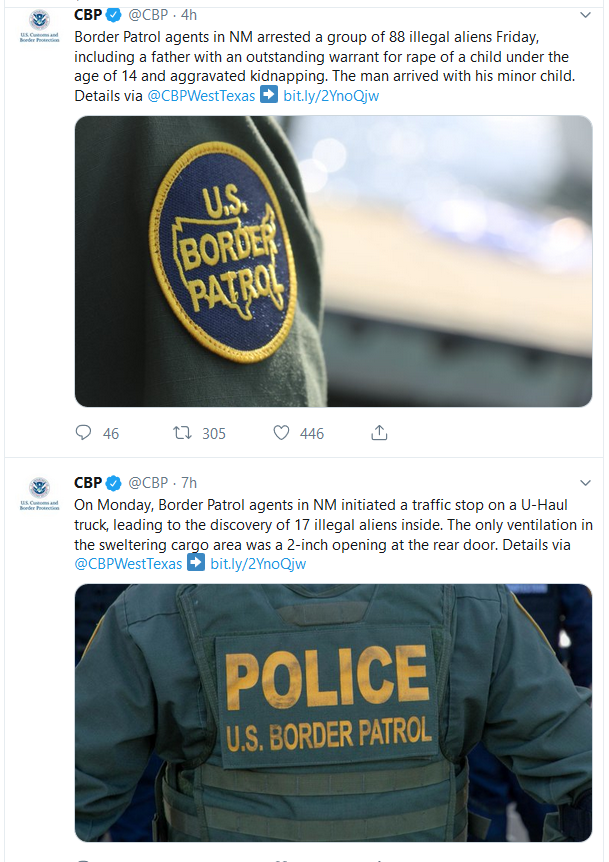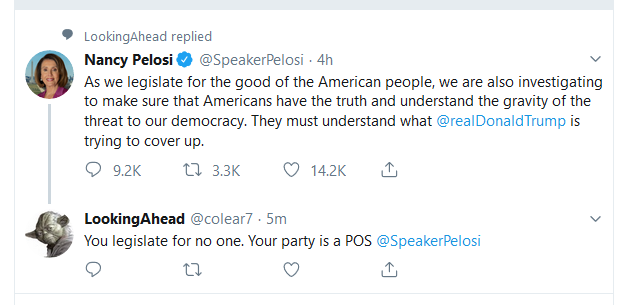The fact that the current wave of Hong Kong protests has a foreign hand behind it is generally considered self-evident. When the protesters broke into Hong Kong’s local Legislative Council, defaced the property, vandalised walls with hateful graffiti and hoisted the colonial era flag, it became clear enough that the protesters represent the latest shriek of minority opinion in Hong Kong that would prefer to turn back the clock and go back to living under British rule.
It is also now obvious that the protests are about more than opposition to a so-called extradition law
(one that was incidentally going to be far less extreme than the EU’s European Arrest Warrant) that has now been scrapped. The axing of the law was supposed to make the protesters satisfied but in all attempted colour revolutions, a general foreign backed agitation is merely masked by a specific grievance. When this specific grievance is settled and the protests continue, one realises that there was no real ethical dimension to the protests form the get-go. So far – so obvious. Here is where it gets interesting.
Trump doesn’t care
Whilst meddlesome elements of America’s wealthy elite and their friends in the so-called US deep state are almost certainly behind substantial elements of the Hong Kong provocations, Donald Trump does not seem to care and the fact of the matter is that based on Trump’s known proclivities, he likely does not care at all. Whilst Trump seeks to dictate the terms on which the world trades with the United States, unlike most of his predecessors, he cares little about the internal developments of foreign countries.
It should be of note that Barack Obama would talk frequently about molesting China’s sovereign rights in the South China Sea whilst also making provocative and false comments about the status of human rights in China. From Trump there is none of this kind of unhelpful and tiresome talk. One could imagine therefore that if someone like Hillary Clinton had a trade dispute with China, she would use the Hong Kong situation to try and leverage China into a bad deal in return for calling off her proverbial dogs in Hong Kong.
From Trump however, no such deviousness pervades. For Trump it is all about dollars and cents – nothing more and nothing less. As such, whilst his protectionist views are rather dated, at least they do not carry with them a hidden agenda. This is all the more reason for China to intensely work on a trade deal with the US. Such a trade deal would be good for a mainland economy more dependant on traditional trade and high quality product development than financial markets. Such a deal would also help to pave the way for trade fuelled financial markets on the mainland (in Shanghai) to gain further confidence among international investors who remain more influenced by Wall Street than by Shanghai for the time being.
Just as many in Britain continue to view Hong Kong as a colony inside of China whilst many in the US feel the same way about Taiwan, Trump merely wants to do trade deals and sell weapons to whomever will purchase them. In this sense, even Washington’s current provocative Taiwan policy is more about making a quick buck than it is about re-writing the One China Policy. By extrapolation, the same is true of America’s continued provocative South China Sea policy. Whilst some might say that the policies are the same as prior to Trump – Trump’s end game is very different. Trump wants to make new trade deals (for better or worse) and sell countries expensive weapons that will likely never be used. By comparison to his predecessors, this view is actually benign by modern US standards.
All of this should be considered when analysing Trump’s views on China. Trump might have normalised anti-China racism in a politically divided America looking for a successful foreign scapegoat, but apart from that, he actually harbours far less condescension towards China than the likes of Obama and Clinton.
China’s soft hand
Those who unlike Trump are obsessed over Hong Kong will perversely be disappointed that the Chinese police have been highly restrained in trying to curtail the outbursts of lawlessness. There are several reasons for this. First of all and most obviously, China does not want bad publicity from a wider world that has been fed constant anti-China narratives by liberal western media outlets ever since China became the world’s second largest economy. If anything, this should make China realise that it requires better methods of distributing foreign language (English in particular) information to the outside world.
Moreover, the fact is that whilst Hong Kong forms part of the economically important Greater Bay Area, in many respects, Hong Kong is less important in the eyes of Beijing than it is in the eyes of foreigners. The reason for this is that among Chinese officials, Hong Kong is just another region of an extremely large country with multiple important, substantial, ultra-modern and business friendly cities – all of which are now more open to foreign direct investment (FDI) than at any time in contemporary Chinese history.
But whilst Beijing takes a rational view of Hong Kong, many westerners and western minded Asians outside of China tend to fetishise Hong Kong as a kind of “China for people who don’t like China”. Whilst the population is ethnically Han Chinese, whilst the people speak Chinese and whilst the island is part of China, because of its peculiar history, both visiting and doing business in Hong Kong is seen by many foreigners as the geogrpahic version of “Chinese cuisine” as cooked by a chef in San Francisco as opposed to the Chinese cuisine cooked by a chief in Beijing.
Whilst Beijing has no problem with the fact that Hong Kong has naturally retained some western cultural characteristics, this is hardly considered novel within China. By contrast, many non-Chinese tend to romanticise Hong Kong in the same way that white middle class liberals are happy to listen to foreign music so long as it’s sold to them as “world music” by the white English public school boy Peter Gabriel. In this sense, whilst emotion should not factor into geopolitical developments, it nevertheless often dose. This is why even among many who wouldn’t dream of supporting imperialist causes, Hong Kong nevertheless has an oddly special place in the hearts of many foreigners. This might be good for tourism but it is bad for political sovereignty due to the sense of entitlement that western liberalism has always created in the minds of its adherents.
China is aware that in order to maintain Hong Kong as a China’s “Disneyland for naieve foreigners”, it needn’t act with brutality. Also, as Hong Kong’s population is generally economically well-off (as are most people in China’s coastal regions), the protests will eventually die down in ways that are less likely in economically depressed and socially retrograde places. Thus there is no need to treat the well dressed/well educated protesters of Hong Kong in the way that a paramilitary force might treat a heavily armed mob in Afghanistan.
Hence, China is more frustrated than enraged by what is going on. Some might see this as a fine line, but it is a bigger line than many have imagined.
Solutions
Chinese officials tend to take the long view when problem solving. As such, they will neither politically alter the nature of Hong Kong to please protesters who often feel more European than Chinese but nor will China declare a state of emergency in a desperate attempt to restore normalcy. As most businesses in Hong Kong continue to operate under normal conditions, the protests are more of a physical disturbance to Hong Kong at a logistical level than they are a financial or political disturbance.
Naturally, if the protesters continue to increase their violence against property (something that would incidentally be despicable in both Britain and China), police will respond proportionally but without resorting to excess. As such, it is notable that whilst French police have blinded and maimed unarmed Yellow Vest protesters, no such brutality is occurring in China. This is perhaps ironic given the fact that the Yellow Vests tend to be nation minded whilst Hong Kong’s protesters are more or less begging for colonialism to return to north east Asia.
For China, the lesson learnt is that certain elements of Hong Kong have gone out of their way to act as bad citizens. This will not be punished in any traditional sense but nor will it be forgotten. Hong Kong may well remain a “Disneyfied” version of China for foreigners, but when it comes to China’s serious business cities, Hong Kong’s importance over the course of this century may well go the way of the British Empire itself.




